"The Mongolian struggle is like going to war"
Categories: Asia | Nations | Sport
By Pictolic https://pictolic.com/article/the-mongolian-struggle-is-like-going-to-war.htmlIn the nomadic communities where 30% of the population of Inner Mongolia lives, the ancient art of special struggle — beh barildaan - has been preserved. This sport symbolizes a high status, and for many men of the country it becomes the main part of life - therefore, when a boy is born in the family, relatives pray for him to become a wrestler. Photographer Ken Hermann and art director Gemma Fletcher went to the steppe and captured Mongolian wrestlers for the Beh project.
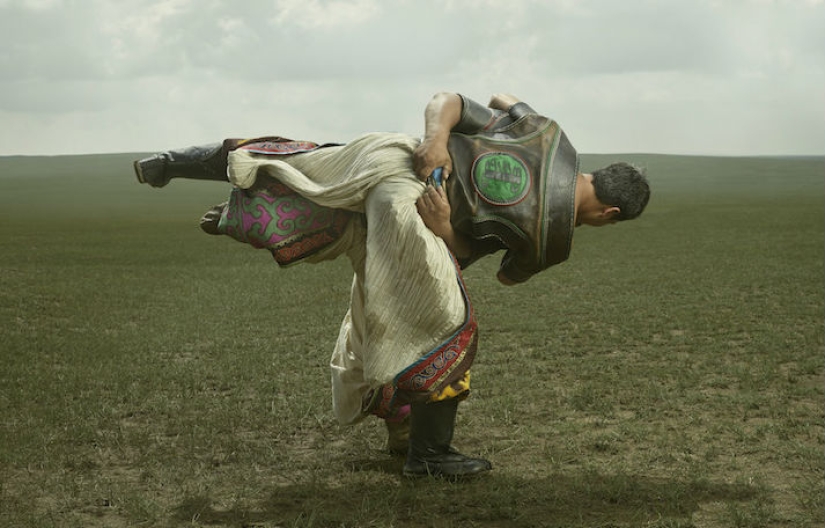
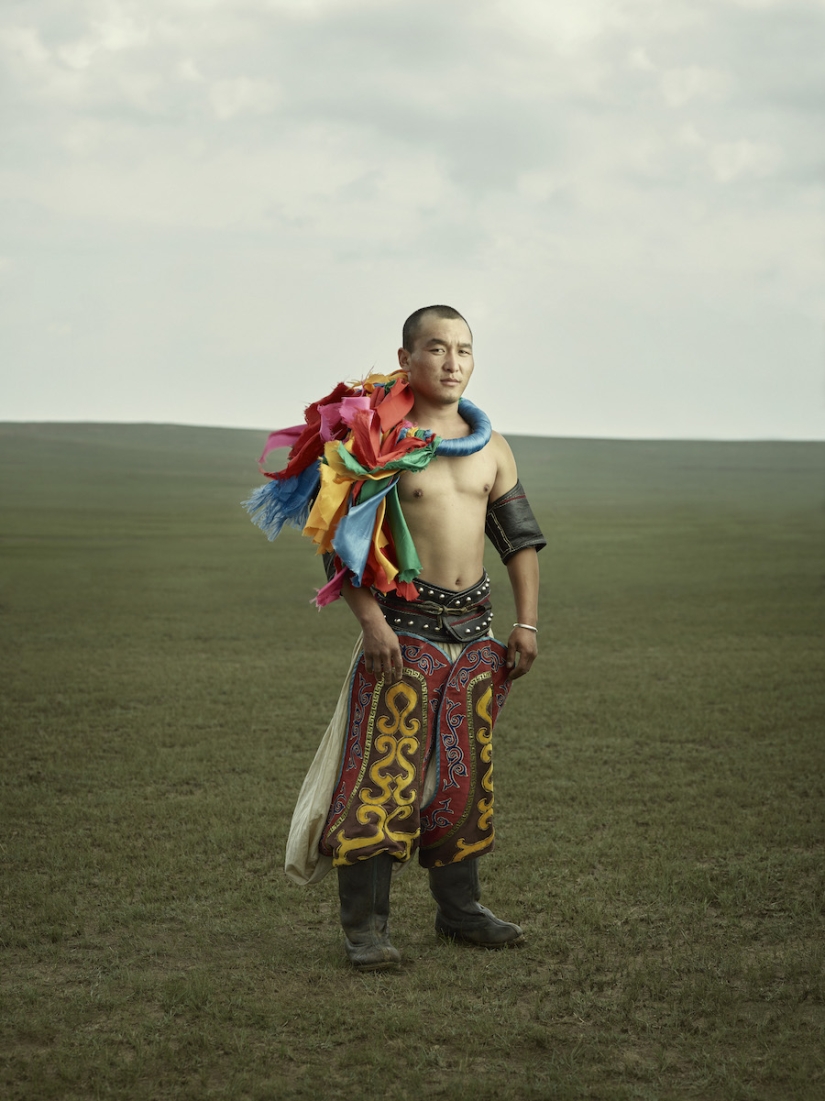
According to the photographer, he is fascinated by Mongolia and has wanted to visit it for a long time: "When I learned about these wrestlers, I realized that this was the perfect excuse for a trip. Gemma and I worked on several projects together, we made a pretty good team. She is very creative, and I am technically savvy, these qualities complement each other well."
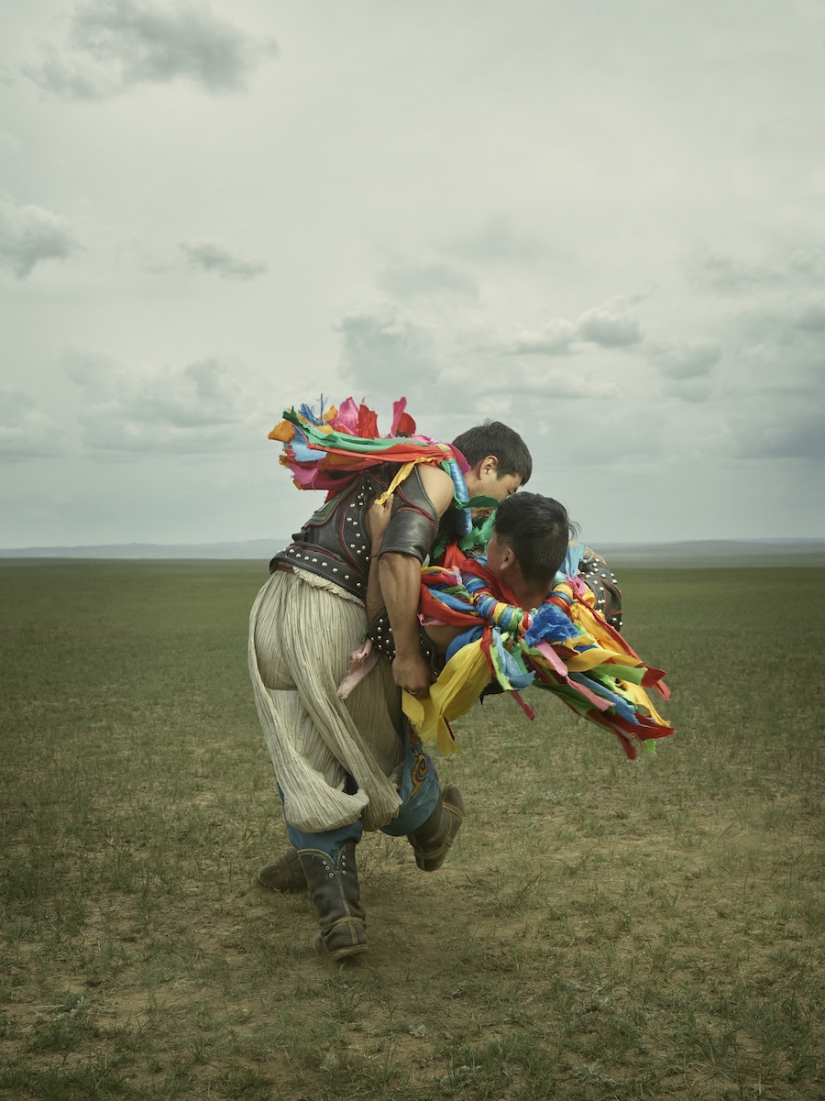
Filming took 10 days. During this time, the authors of the project managed to win over the wrestling coach, and he introduced them to the models.
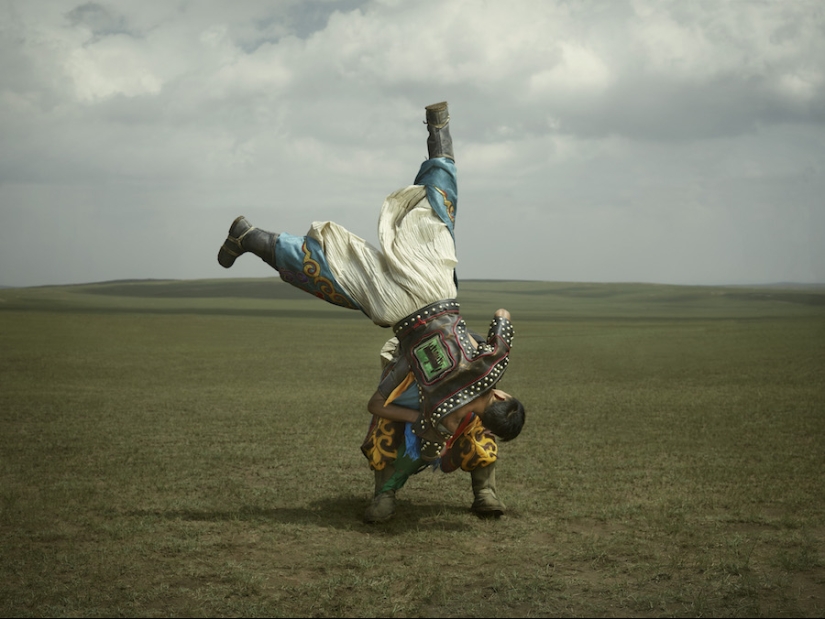
"We got to know our heroes a little, and one feature stands out in them in particular — moving between the past and the present. They are passionately devoted to the centuries-old tradition of wrestling and at the same time are interested in modern fashion and culture, although they live far from cities, without free access to the Internet."
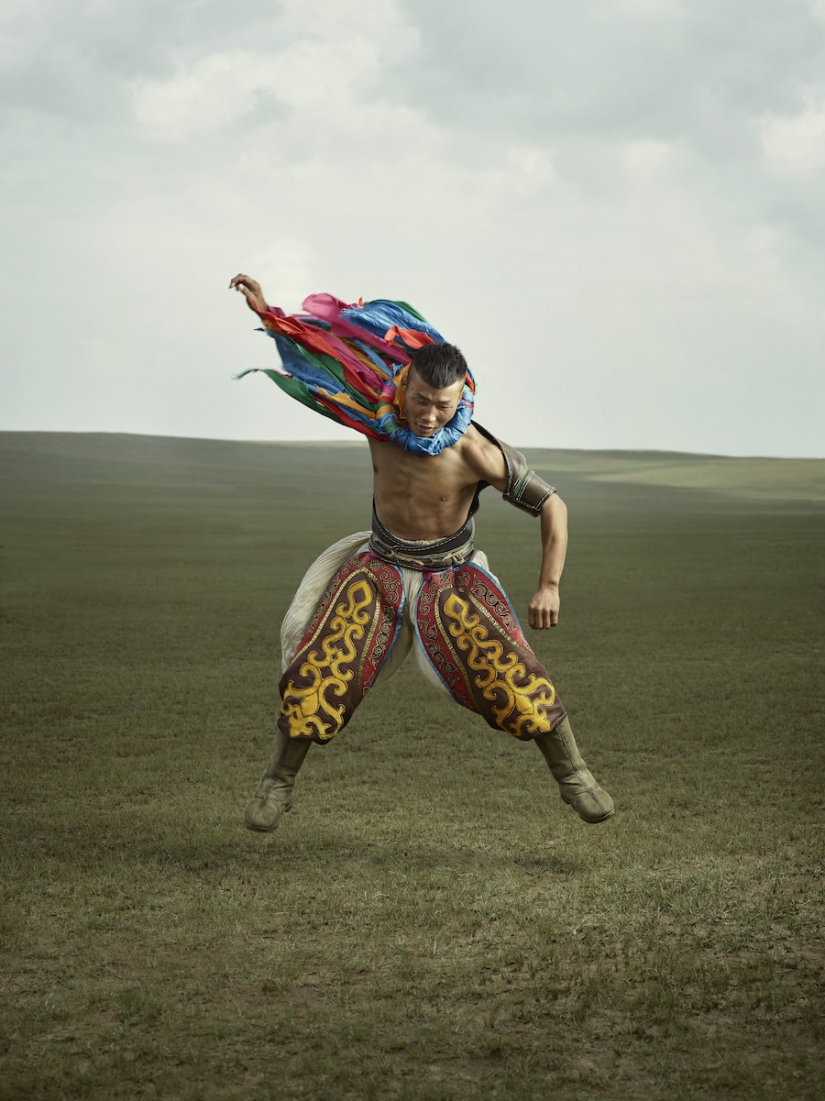
"The wrestlers move as if they are performing a dance, and their every gesture is carefully planned."
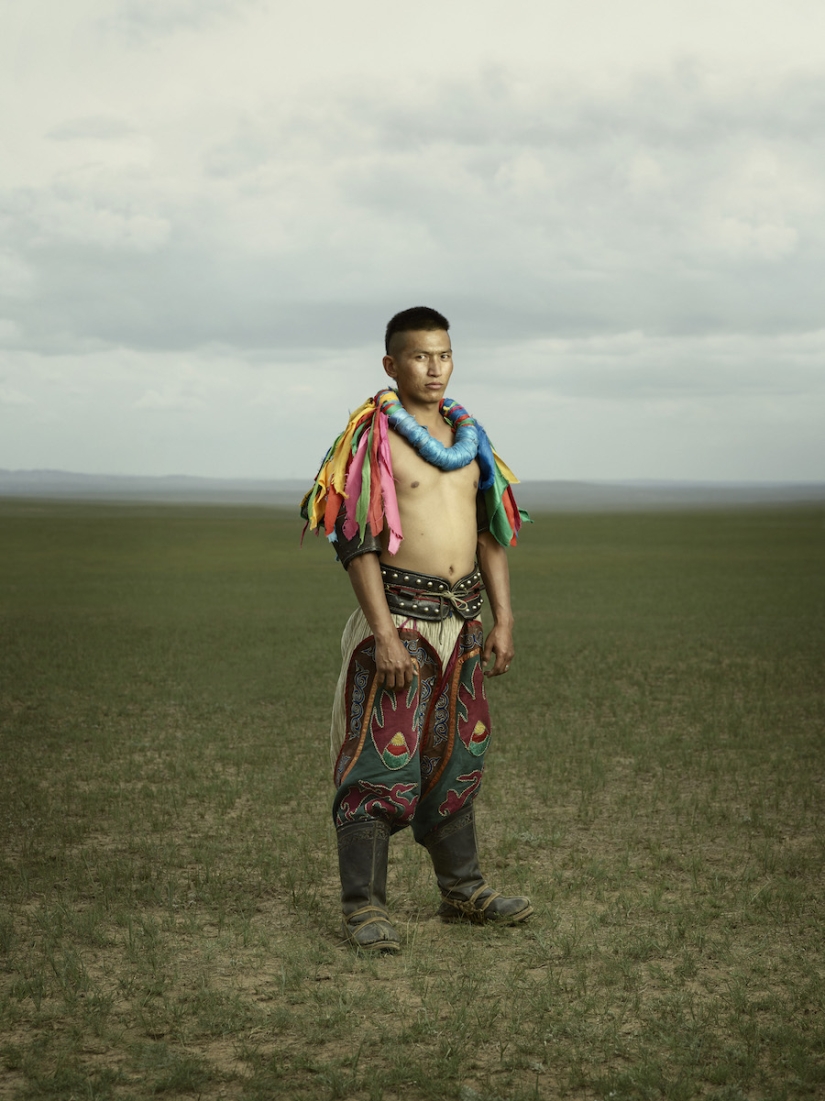
Genghis Khan also forced his fighters to do physical exercises so that they were always ready for battle.
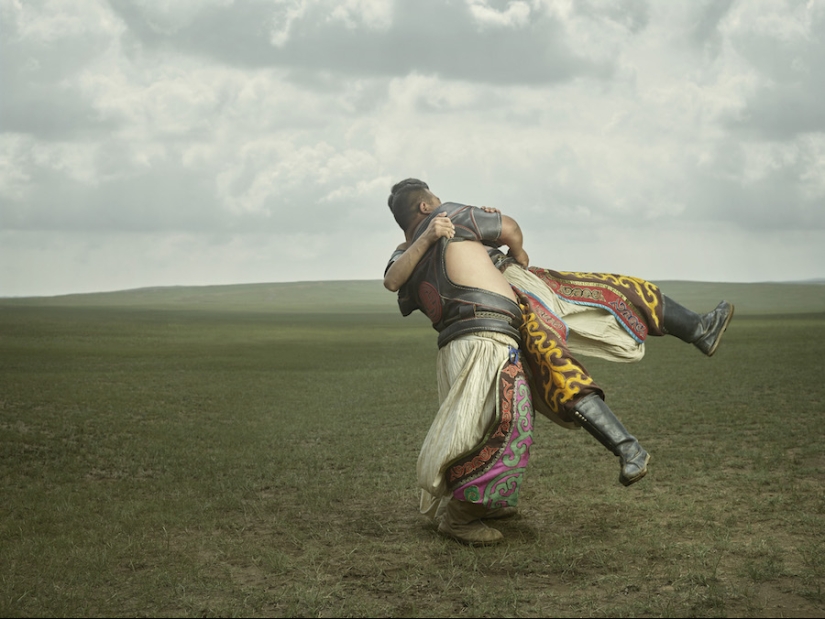
In Mongolian wrestling, the fight takes place in an open space, each wrestler has his own "second" - zasuul. The second protects the interests of the ward in front of the judges, watches the fight, encourages the wrestler, holds his cap, and in case of victory raises his right hand up.
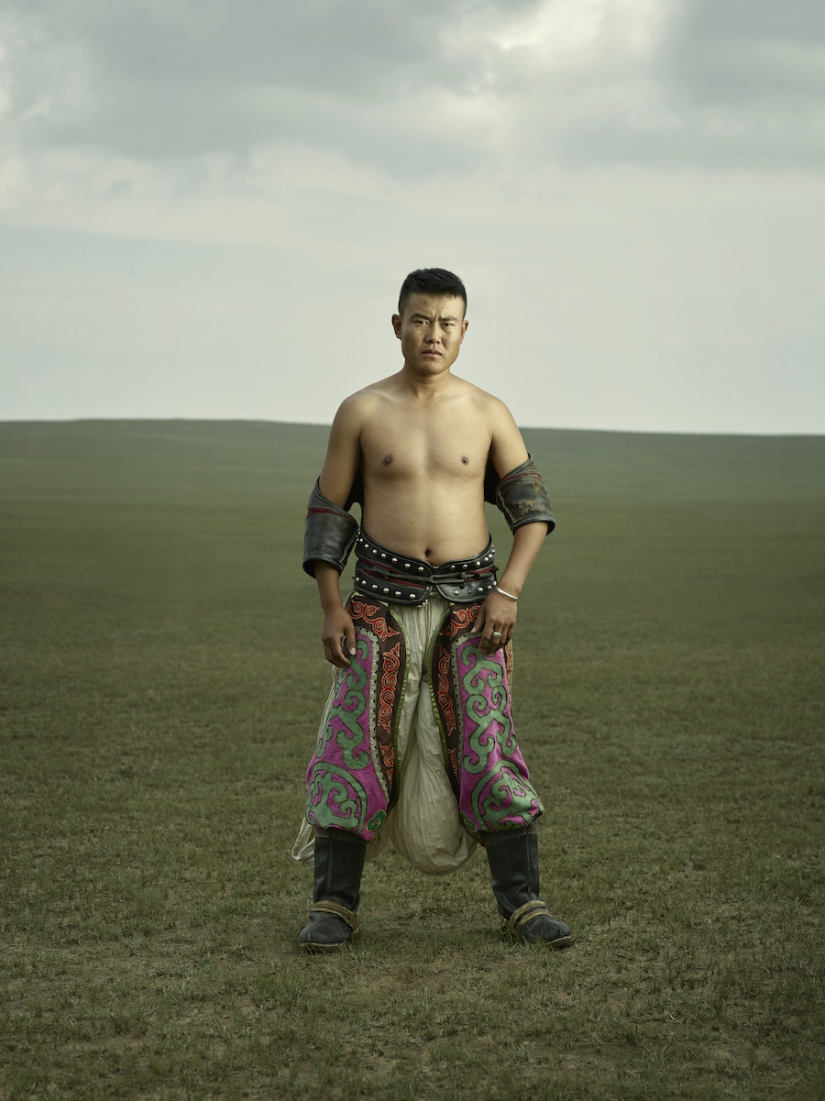
When the wrestlers enter the field, they reproduce the flight of the mythical bird Garuda: they wave their arms, squat, pat themselves on the hips.
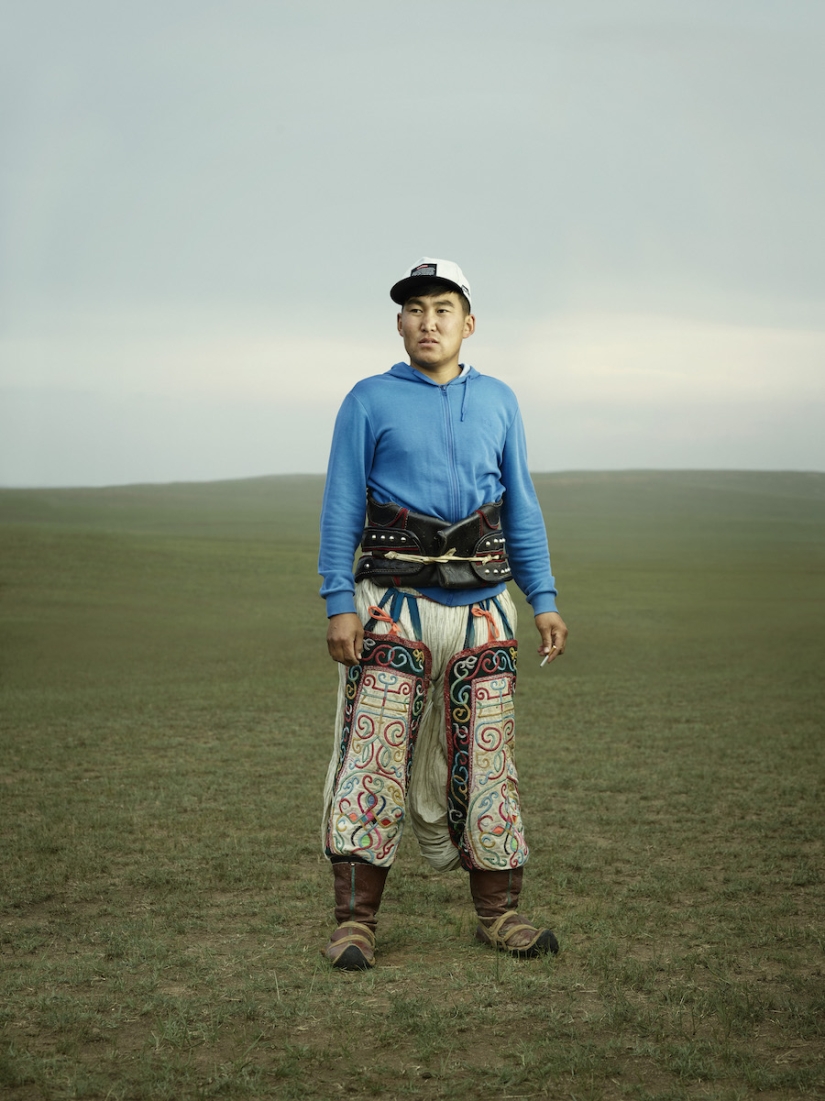
There are no weight categories in this fight. Previously, there were no time limits, but now they have been added.
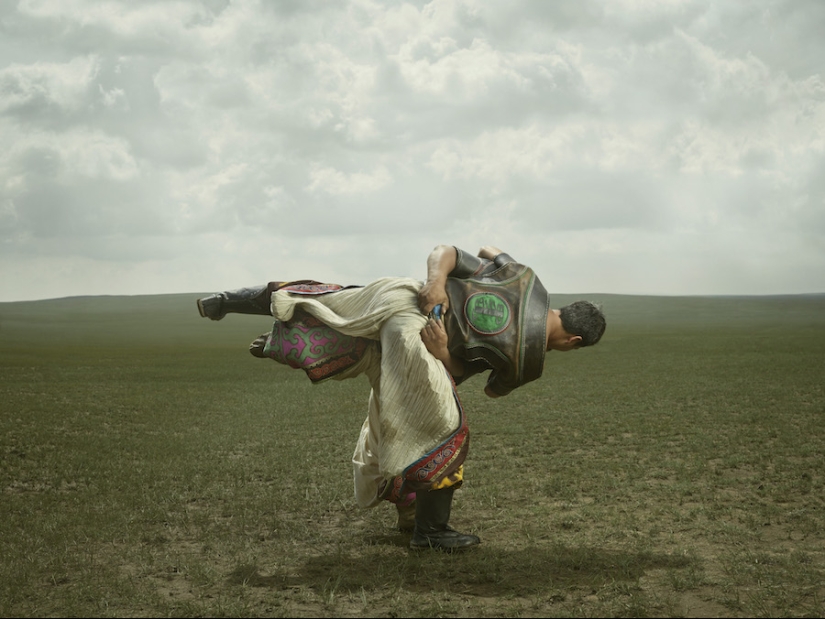
The one who first touches the ground with any part of the body, except the soles of the feet and hands, is considered defeated. After the match, he must pass under the raised right hand of the winner as a sign that he admits defeat. The winner performs the traditional eagle dance.
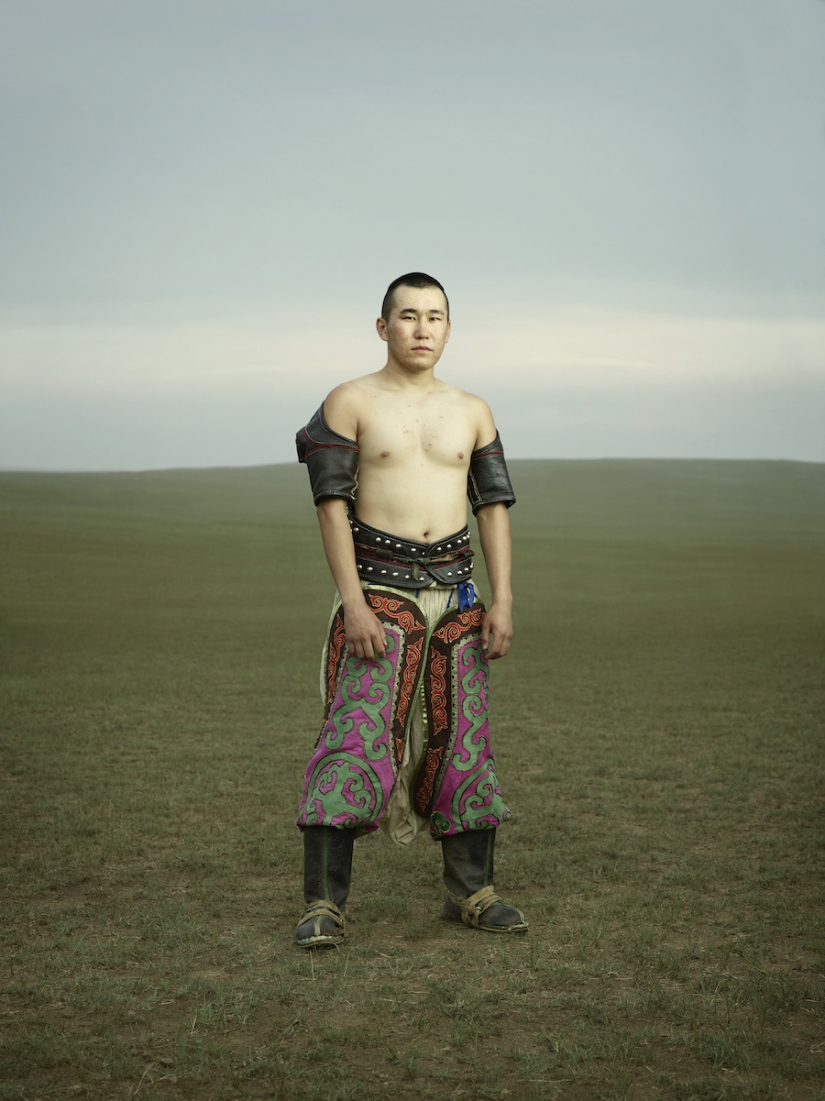
More than 400 techniques are used in Mongolian wrestling. Running boards are allowed, but hooking is prohibited.
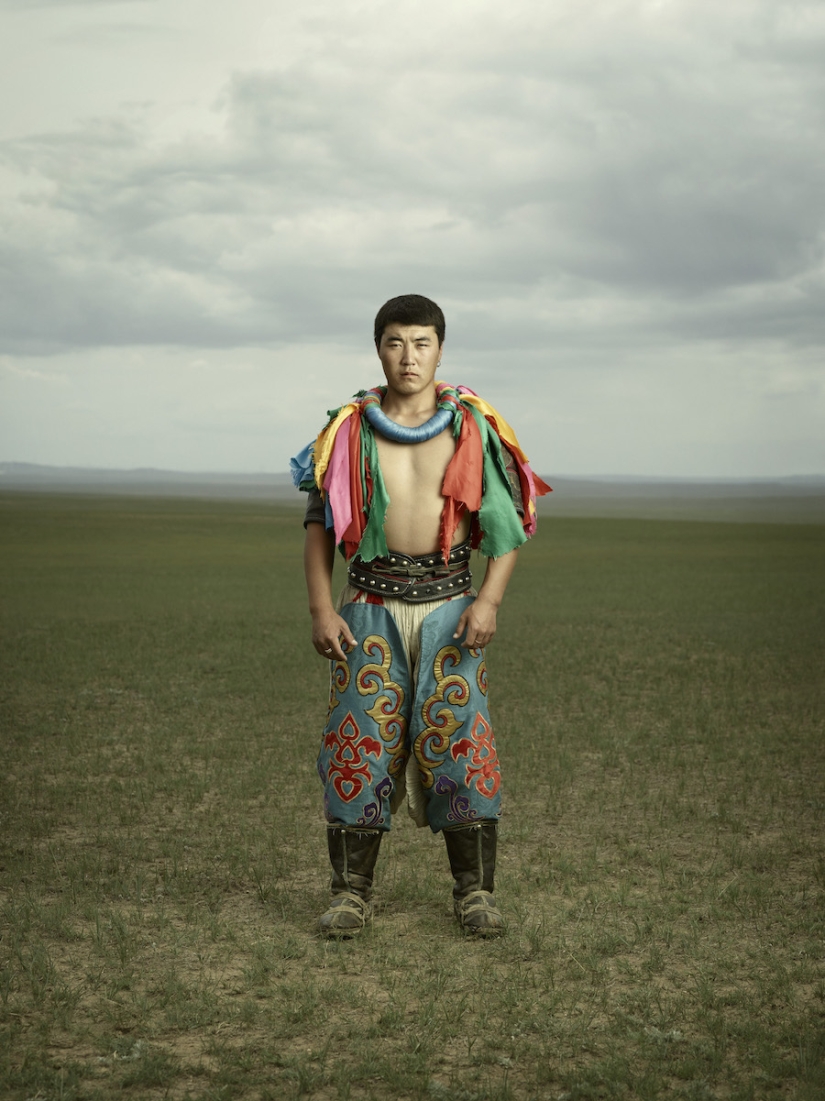
Opponents fight in special costumes: they include national boots with curved socks — "Mongol gutal", shorts - "shuudag", shirt with open chest - "zodog" and a headdress with the image of the "knot of happiness" - "ulziy".
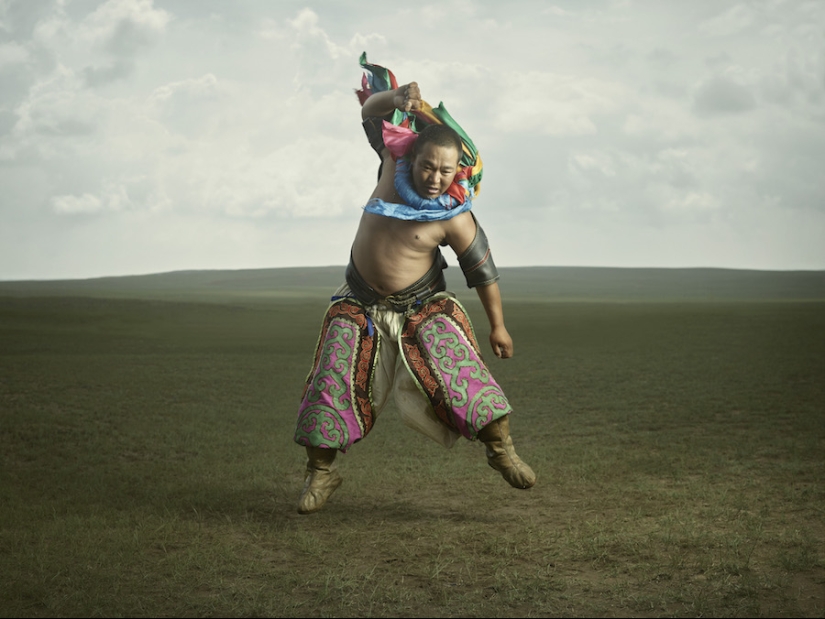
There is a legend in Mongolia about why wrestlers wear open shirts. As if once upon a time an invincible hero appeared in the steppe, who had no equal. The hero defeated all the strongest fighters, and then it turned out that he was not him at all, but a woman. Then one old man suggested fighting in underpants and with open breasts - so that women "do not meddle in men's affairs."
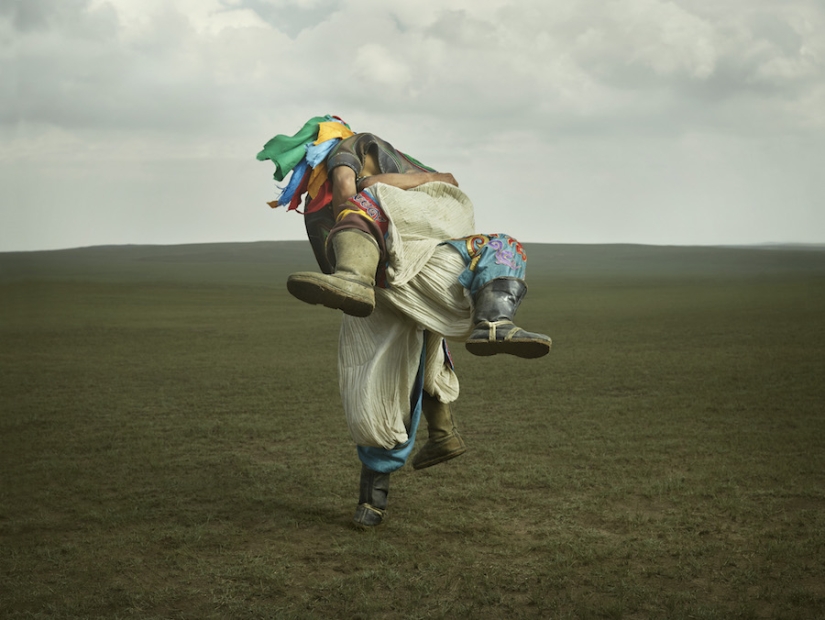
From July 11 to 13, there is a national holiday of sports in the country — Home, from 512 to 1024 people participate in wrestling competitions. For nine or ten rounds they fight in pairs, for elimination. Special titles are awarded for victories: "nachin" ("falcon") — for a victory in five rounds, "khartsag" ("hawk") — for a victory in six rounds, "zaan" ("elephant") — for a victory in seven rounds, "garuda" ("sacred bird") - for a victory in eight rounds. The winner in nine rounds is called "arslan" ("lion"), and in ten, when 1024 wrestlers are fighting— "avraga" ("giant").
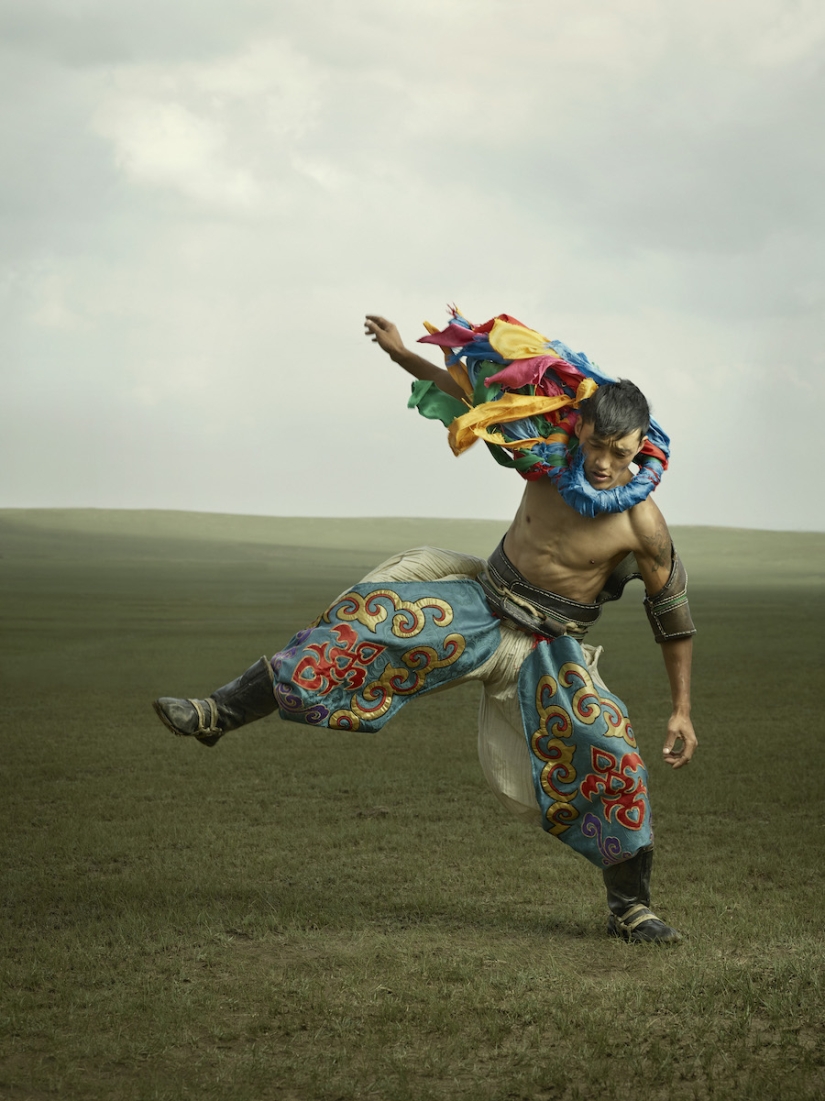
Since 2002, wrestling competitions have been held according to new rules: the time of the fight is limited, monetary penalties have appeared, bonuses for each victory have increased, judges have begun to take into account the discipline and level of preparation of wrestlers for the competition. If earlier titled wrestlers called themselves the opponent themselves, now the commission is engaged in this.
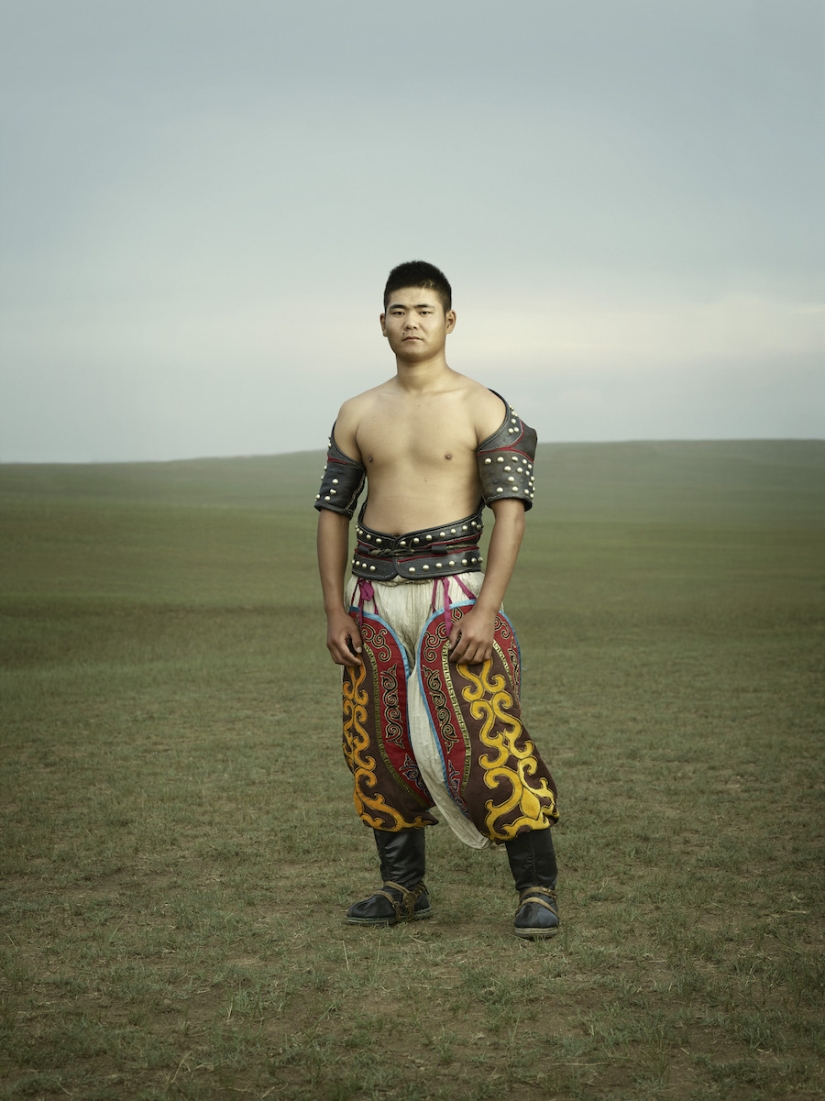
Mass fascination with wrestling helps the development of other sports: classical and freestyle wrestling, sambo, judo, sumo.
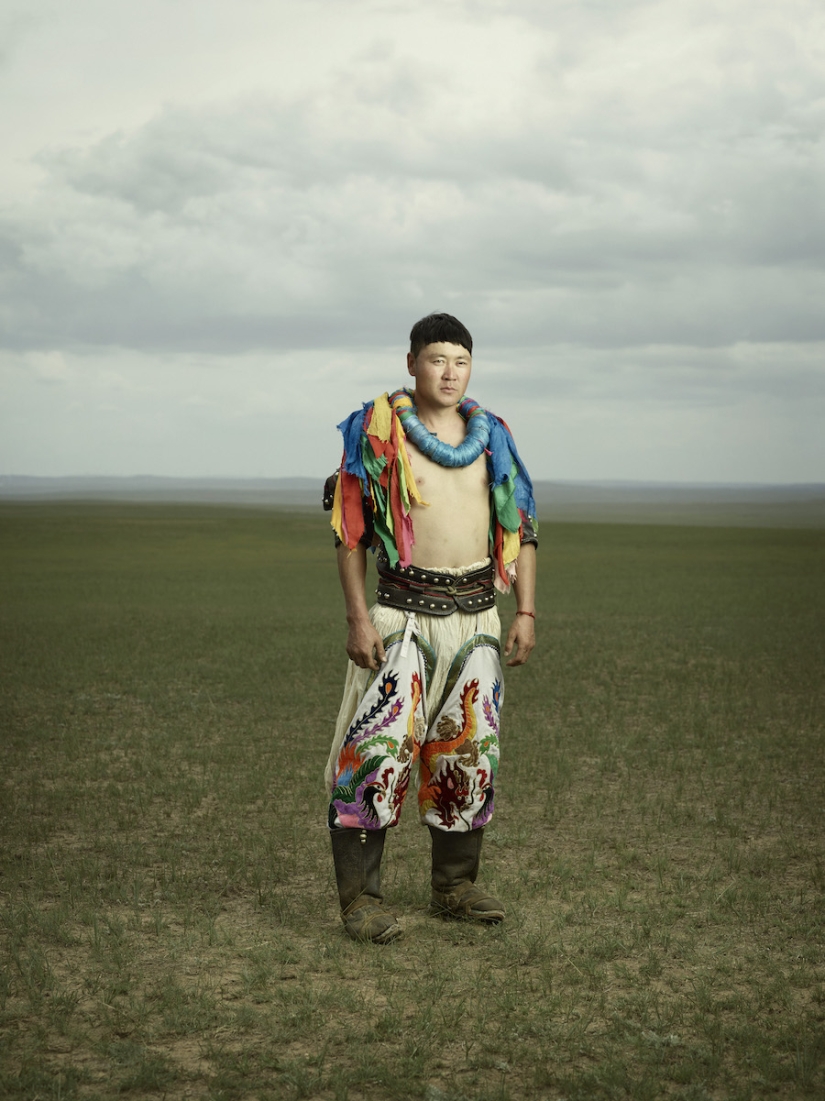
Of the 69 yokozuna, as the greatest sumo wrestlers are called, there are only four non-Japanese, and two of them are Mongols.
Recent articles

It's high time to admit that this whole hipster idea has gone too far. The concept has become so popular that even restaurants have ...

There is a perception that people only use 10% of their brain potential. But the heroes of our review, apparently, found a way to ...

New Year's is a time to surprise and delight loved ones not only with gifts but also with a unique presentation of the holiday ...